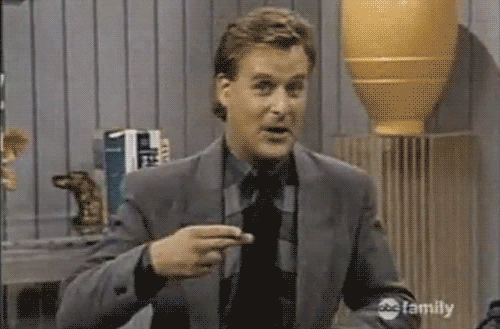
 2
2




 4
4




"People may doubt what you say, but they will believe what you do."
 4
4




Nicole Alderman wrote: But, so too does living in a bubble from reality....
How do you deal with death on the homestead? Do you have any advice for me?
“The most important decision we make is whether we believe we live in a friendly or hostile universe.”― Albert Einstein
 8
8




 3
3




 4
4




 5
5




Lorinne Anderson: Specializing in sick, injured, orphaned and problem wildlife for over 20 years.
 3
3




 5
5




Lorinne Anderson wrote:
Oh, and please, please, please never tell a child the deceased has "gone to be with god", "been called home by god", "gone to heaven" and especially never "been put to sleep" - these are comforting thoughts for many adults, but children take things literally! Some think they need to now die so they can go play with Fluffy or be with Grandma, not understanding the permanence of the situation; some think god has either stolen their friend, or their friend was "bad" and had to go; and if you ever want your kid to sleep through the night, do not use the put to sleep euphemism! Be honest, explain that some sicknesses, injuries or situations simply cannot be made better, and help them understand that death is a release from pain, or to provide a meal so that something else doesn't starve.

But, I must also address the extensive livestock losses you have faced. Here is where I think you need to possibly consider re-thinking how they are kept, enclosed and what safety protocols are in place. It is not fair to keep replacing all these birds and other animals if no steps have been taken to ensure they have a more secure environment to live in. Perhaps you need to look into electric fencing, netting over the poultry area, more secure fencing, a guardian dog....
And please look into ensuring your livestock are not "sitting ducks" trapped in enclosures that have the potential of serving them up as a buffet for local wildlife...it is not fair to them, your child or your wallet.
 .
.
 And, I really hate locking them in their house during the day
And, I really hate locking them in their house during the day  .
.
with a three year old and 8 month old, I simply don't have time to train a dog...nor the money to feed one. We'd like to get a dog when the kids are older, but that'll be a few years. We also only want a pretty small flock, between 8 and 18 ducks, which is rather too small--right?--to justify the cost of feeding a dog? We thought about a guardian goose, but those don't seem to stand up to bobcats. I have no illusions of making a profit off of my ducks, but if it costs more to raise them than than we would spend on organic eggs, we really can't justify keeping them on our small budget...a guardian dog
1) trapping, killing or otherwise eliminating the predatory species will only solve your problems in the short term. Nature hates a vacuum and another predator will soon fill the void of the one removed.
David Hernick wrote: Whenever I have lost poultry I have stepped up defenses to be able to keep my animals safe, but I would ask my self if I should really have poultry if i did not think I could keep them safe.

Lorinne Anderson wrote: So many adults are handicapped by an inability to deal with death. I view this is as your opportunity to teach your child that death will come to everything in its time, that it is okay to be sad or to miss their deceased friend. Help them learn to deal with grief, develop rituals (burial, service, etc.) that allow the healthy expression of grief in whatever way completes this situation in your family. To deny your child this learning opportunity is to potentially handicap them for life with an inability to deal with a situation that will occur over and over in their life.
 2
2





 4
4




List of Bryant RedHawk's Epic Soil Series Threads We love visitors, that's why we live in a secluded cabin deep in the woods. "Buzzard's Roost (Asnikiye Heca) Farm." Promoting permaculture to save our planet.
 3
3




 2
2




 4
4




 2
2




 1
1




"Also, just as you want men to do to you, do the same way to them" (Luke 6:31)
 4
4




 2
2




"But if it's true that the only person over whom I have control of actions is myself, then it does matter what I do. It may not matter a jot to the world at large, but it matters to me." - John Seymour
 9
9




 5
5




Tereza Okava wrote:I love permies. I have an animal coming to the end of its life and I knew I wasn't the only person who'd be here talking about it.
My rabbits are now geriatric. After deciding not to breed them some years ago they were transformed into "garden staff" and we gave them a good life. That life is now drawing to a close for one of them. I'm keeping her comfortable and know I did good by her. I know: livestock, deadstock, but still.
Little rabbit, you did me good.
A build too cool to miss:Mike's GreenhouseA great example:Joseph's Garden
All the soil info you'll ever need:
Redhawk's excellent soil-building series





 3
3




Finding the hard way to do anything.






 4
4




"Also, just as you want men to do to you, do the same way to them" (Luke 6:31)

|
This tiny ad helped me apply for a passport. Denied.
Learn Permaculture through a little hard work
https://wheaton-labs.com/bootcamp
|



